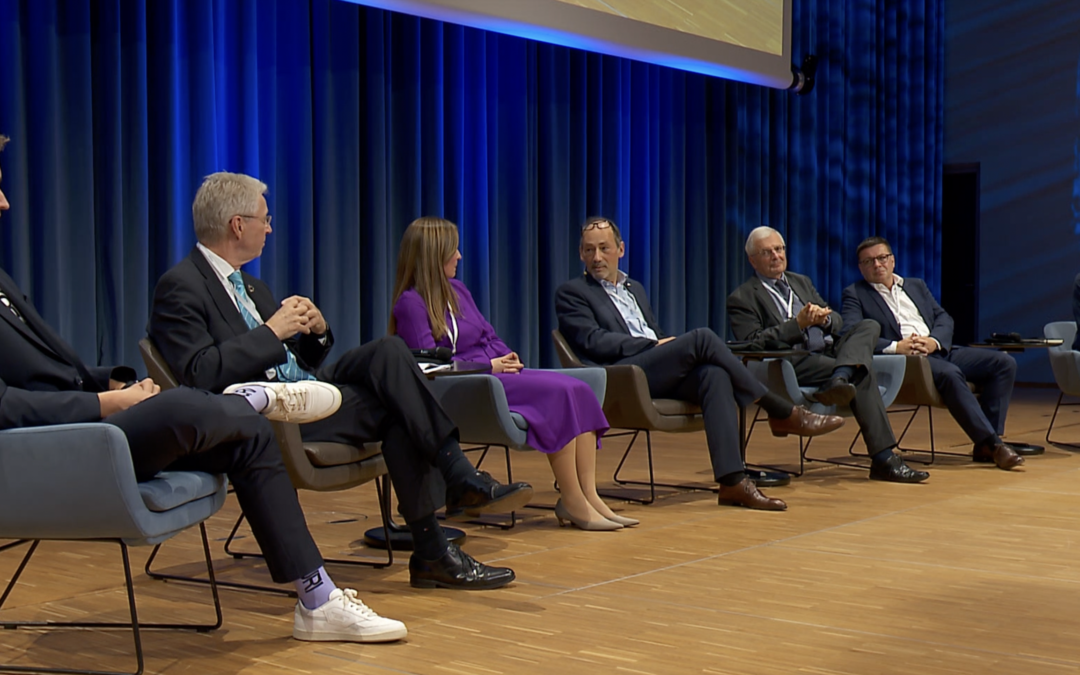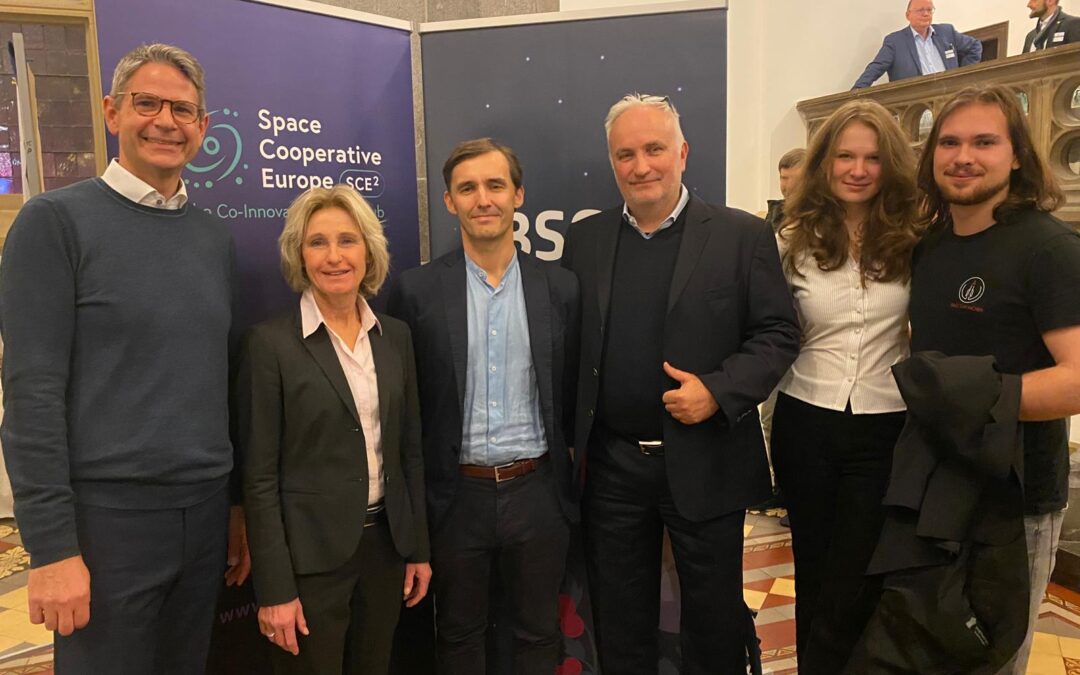The 2024 Munich New Space Summit, held form October 23rd to 25th, offered a compelling view of the future for Europe’s space sector, discussing its role on the global stage and the critical factors shaping its progress. Central themes included the necessity for public engagement with space initiatives, a strong commitment to space investment, and the urgent need for unified space legislation across Europe.
Key Insights from the Summit
These insights capture the key takeaways of Markus Häuser, CEO of Space Cooperative Europe, who actively participated in the summit and served on the panel “Exploration is Human: Medical Aspects in New Space.”
Infrastructure as Power
Marie-Christine von Hahn emphasised the strategic importance of robust space exploration infrastructure. For Europe to reassert itself as a global leader, it must foster the development of its new space sector, with Germany as a pivotal player. With the right support, Europe can leverage its new space industry as a competitive advantage, helping to regain its status on the world stage.
Collaboration and Strategy
A unified European approach is essential for success in the global space arena. The summit underscored the importance of consolidating fragmented markets and establishing a shared vision across EU member states. Munich, a dynamic hub for innovation, contributes significantly to this goal with leading institutions like TUM, LMU, and UniBW. These universities, alongside student groups like WARR and incubators like ESA BICs and VentureLab, are nurturing the next generation of space industry talent.
Government as a Primary Customer
Panelists explored how the European Space Agency (ESA) might benefit from adopting a model similar to NASA’s, where the government acts as a lead customer for startups and SMEs. This approach could drive innovation and stimulate market growth. The summit highlighted the need for faster, results-oriented project management within ESA, as well as stronger trust-building with startups through ESA-backed contracts.
Space for Security and ESG
Space infrastructure extends beyond technological innovation to play a crucial role in security and sustainability. Satellite-based systems and tactical space radars are now essential for safeguarding European security and democratic values. As echoed at the summit, “What is more ESG than defending our democratic values?”
Risk and Insurance in Space
MunichRe, a leading player in space insurance, discussed the challenges inherent in insuring early rocket launches due to high risks. However, startups that engage with insurers early in their projects can better develop tailored risk models, mitigating these challenges.
Towards a Unified European Space Law
The summit highlighted the urgent need for harmonized space legislation across Europe. Simplified regulations would support innovation and economic growth rather than creating obstacles. Aligning German and European laws would facilitate a sustainable, forward-looking space industry.
Space Research: Advancing Humanity’s Future
Space research is driving groundbreaking developments in fields like Life Sciences and AgriFood, essential to human survival. The unique environment of microgravity accelerates research that would take decades on Earth, leading to advancements in resilient crop varieties, alternative food sources, and health-related innovations. Space-based research is critical for addressing global issues such as food security and medical breakthroughs that are difficult to achieve under Earth’s limitations.
Europe’s strengths in talent, resources, and infrastructure make it well-positioned to lead in space innovation. Building a cohesive, supportive ecosystem is now essential, transforming the idea that “Infrastructure is Power” into a reality for the European space industry.
- Joint Panelists: Peter zu Eulenburg, Felix Steiner, Dr. Alexander Choukér, Dr. Judith-Irina Buchheim, Markus Häuser
- SCE CEO Markus Häuser, YURI Head of Business Development Felix Steiner and HEUKING Partner Dr. Thomas Jansen
- Panel Discussion: “Exploration is Human: Medical Aspects in New Space”
- Panel Discussion: “Creating Synergies for a mutual success”
- The SCE Info Booth at the Event.
- Panel Discussion “Expanding Horizons”
- Panel: Celestial Opportunities
- SCE CEO Markus Häuser during the panel discussion “Exploration is Human: Medical Aspects in New Space” at the 2024 Munich New Space Summit














